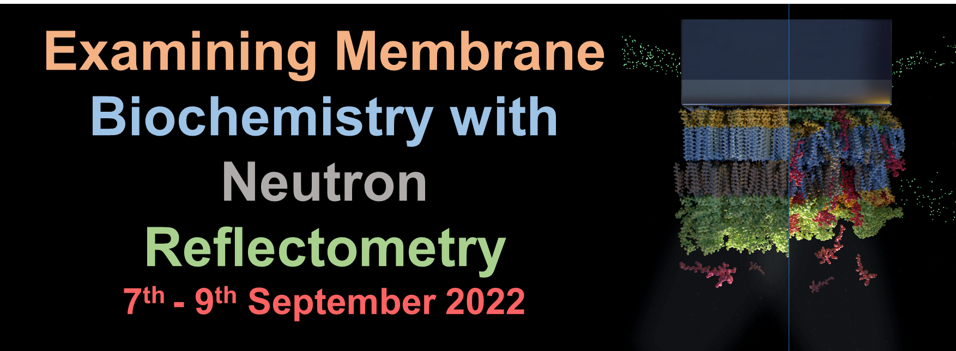Speaker
Description
The metabolism of fats including lipids and cholesterol involves the production, in the liver, of lipid carrying particles known as lipoproteins. Lipoproteins are nanoemulsion-like particles composed of fats and proteins (named apolipoproteins). The complexity of lipoproteins is great, with different compositions not only in terms of the amounts of the fat and proteic components, but also on the specific protein type and isoform. Specific apolipoproteins are known to mark an increased risk for developing atherosclerosis where fat accumulation to form plaques occurs at the initial stages of this first class world killer disease.
Fat metabolism is affected upon Covid-19 infection, with consequences in levels of main lipoprotein types, cholesterol and triglyceride. Vaccination with Sars-CoV-2 spike (S) protein producing constructs also induces a change in lipid metabolism.
In this talk, I will present the efforts of my group to explore the role of lipoprotein composition on lipoprotein structure as well as the capacity of lipoproteins to exchange fats. Moreover, we show that the equilibrium between lipids removed and lipids deposited by lipoproteins on model membranes is affected by SARS coV2 spike protein. This works is otherwise impossible to do without contrast matching, biodeuteration and neutron scattering.
References:
1. Browning et al Scientific Reports. 2017, 7, 7478-7490
2. Maric et al ACS Nano. 2017, 11, 1080–1090
3. Browning et al Colloids and Surfaces B: Biointerfaces, 2018, 168, 117-125
4. Waldie et al Langmuir, 2018, 34, 472-479
5. Waldie et al Scientific Reports, 2019, 9, 5118
6. Maric et al Scientific Reports, 2019, 9:7591
7. Waldie et al BBA - Molecular and Cell Biology of Lipids. 2020. 1865, 158769.
8. Waldie et al Frontiers in Chemistry. 2021. 9, 630152.
9. Jakubauskas et al Nanomedicine: Nanotechnology, Biology and Medicine. 2020. 31, 0102318.
10. Correa et at JCIS 2021, 602, 732–739

